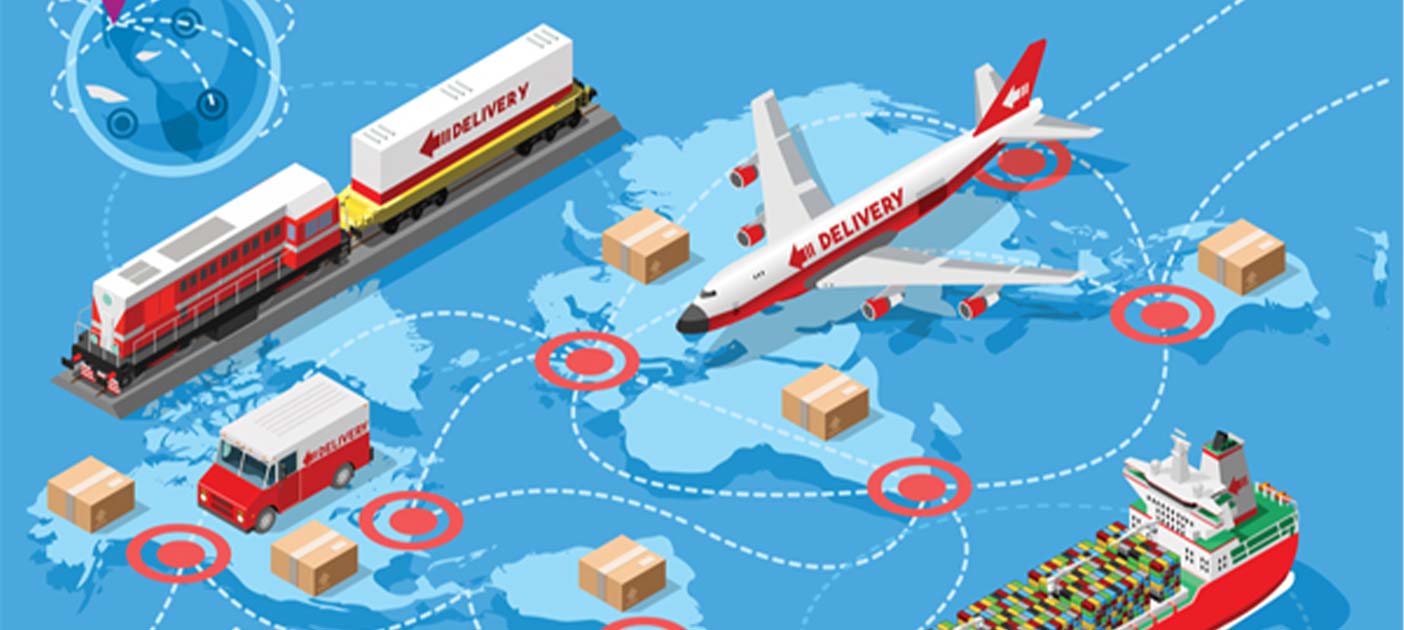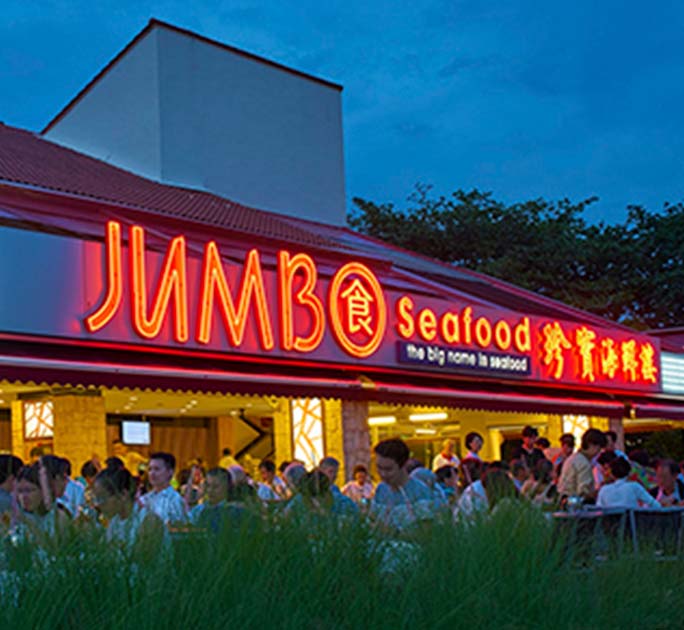Omnichannel logistics
From smart lockers to deliveries to your cars, logistics players are coming up with innovative solutions to challenge of "last-mile" delivery.

With shoppers today buying everything from milk powder to vacuum cleaners online, the ecommerce juggernaut shows no signs of slowing down around the world.
In Singapore, the online retail market is expected to be worth US$5.4 billion (S$7.46 billion) by 2025, according to a report by Temasek Holdings and Google released in May. This is larger than what the US$4.5 billion that the casino which was valued at in 2015. And over 70 per cent of consumers here shop online at least once a month, Visa's 2015 Consumer Payment Attitudes Survey showed.
This explosion in online shopping is changing the way that consumers receive their purchases. Indeed, apart from the cheaper prices and convenience, the ability to have a product delivered to anywhere is one of online retail's biggest lures for shoppers.
This has forced logistics players to adapt to the new reality of the retail game - one that increasingly does not involve shoppers buying from a brick and mortar outlet. Yet, "last-mile" delivery - the last leg of a product's trip before it arrives at the customer's doorstep - is still an inefficient process in many parts of the world, including Singapore. One key issue is scheduling deliveries to homes when someone is present.
Solutions to this conundrum have surfaced up over the last few years. One of the earliest were storage lockers located at multiple high-traffic locations where consumers could pick up their goods.
Singapore Post's (SingPost) POPstation lockers, for instance, are located at over 140 locations around the island. Consumers can use these smart lockers to not only collect items, but also return them. To activate the lockers, they simply have to use their mobile phones to key in a pin or scan a QR code. Users can even make payment if at the locker if required.
Since July, retailers and consumers are now also able to rent a POPStation locker to deliver their parcels around the clock. "Opening up our POPStation for rent encourages the development of a sharing economy," said Ms Lim Ann Nee, Senior Vice President, SP Parcels, SingPost. "We optimise our resources as parcels can be delivered by retailers and consumers to a rented POPStation at their convenience. Recipients can collect their parcels easily near their homes or offices."
Recognising the growth of ecommerce, the Government announced earlier this year its plan to open a nationwide network of lockers for deliveries that would be located near people's homes.
In the U.S., a service known as Swapbox takes the idea one step further with a service that acts as an automated post office. Not only can you pick up deliveries from one their secured locations, you can also drop items off to be delivered to a destination of your choice.
Elsewhere, innovative start-ups are offering even more advanced solutions to the last-mile problem. In the U.S, a company called Cardrops allows shipments to be made direct to your car where it may be, and without you having to be present. Cardrops locates your car using GPS, and their delivery partners are able to unlock the boot of your car to place the items with beacon technology.
"We focus on convenience for the e-customer,” said Cardrops co-founder Nick De Mey in a recent interview. “The number one reason to shop online is the time savings. The moment you have to drive around to postal office, lockers, or pick-up point you have lost this time. By delivering parcels directly in the trunk people will not have to think about deliveries anymore.”
Looking ahead, the arrival drone delivery for ecommerce appears to be imminent, with Amazon having laid out detailed plans for such a service in the near future.
The ecommerce giant announced in July that it would be partnering with the UK Government and the UK Civil Aviation Authority to test its Amazon Prime Air drone delivery service in selected areas of the country. Closer to home, SingPost has already conducted trials using drones to deliver mail to the island of Pulau Ubin.
With increasing options for retail deliveries, more consumers are likely to take to shopping online and further fuel the boom in ecommerce.
Was this information useful?
Thanks for your feedback
Subscribe to DBS BusinessClass
Stay updated with the latest market trends and industry insights, connect with a network of entrepreneurs, and gain access to exclusive event invitations. Join Asia's fastest growing business community – get your complimentary membership here.





That's great to hear. Anything you'd like to add?
We're sorry to hear that. How can we do better?